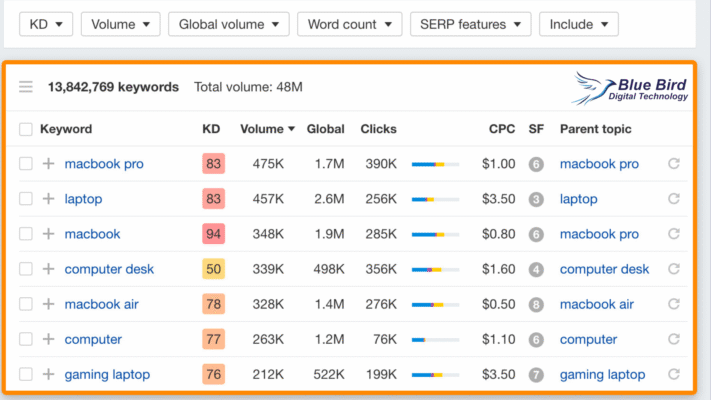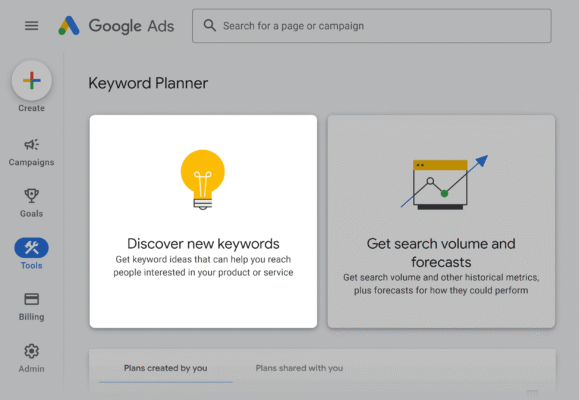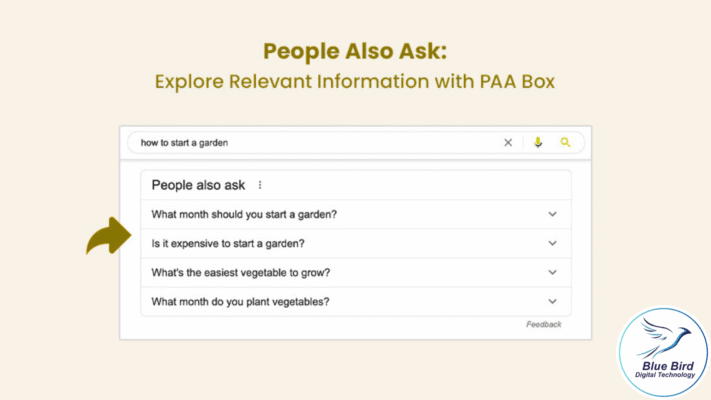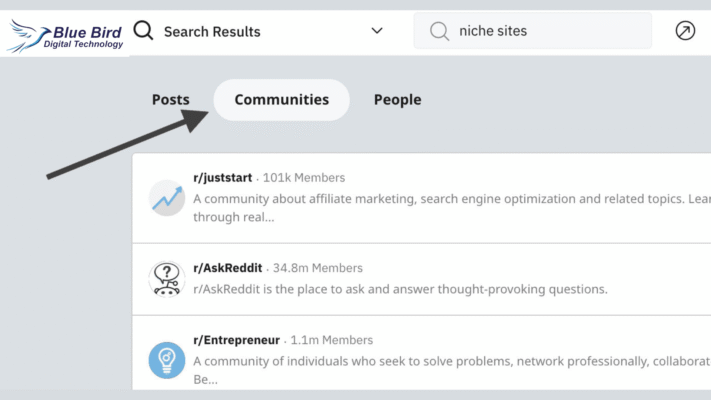Every website owner dreams of ranking high on Google. But competing for popular, high-volume keywords is like trying to win a marathon against Olympic athletes—you’ll spend a lot of energy and money with little chance of success.
The smarter approach is to focus on low competition keywords—search phrases that fewer websites target but still bring valuable traffic. In this guide, you’ll learn what low competition keywords are, why they matter, and 7 powerful ways to discover them using both free and paid tools.
What Are Low-Competition Keywords?
Low competition keywords (also called low difficulty keywords) are search terms with fewer websites fighting for top spots in search engine results.

They typically share two main traits:
-
Lower search volume – Fewer monthly searches compared to big “head” keywords.
-
Long-tail structure – Usually three or more words, often describing a specific problem or need.
Example:
-
High competition: best dog food
-
Low competition: best dog food for small breeds with sensitive stomachs
Although the second phrase attracts fewer searches, it targets a highly specific audience—making it easier to rank and more likely to convert.
Why Target Low-Competition Keywords?
-
Faster Rankings
Since fewer sites compete for these terms, your content can climb SERPs much faster. -
Higher Conversion Rates
Long-tail queries often reflect strong intent. Someone searching “buy waterproof hiking boots under $100” is closer to purchasing than a person searching “hiking boots.” -
Cumulative Traffic
One low competition keyword may bring only 200 monthly visits. But ranking for 20 similar terms can drive thousands of targeted visitors. -
Build Topical Authority
Covering many related, easy-to-rank terms signals to Google that you’re an expert in the niche. Over time, this helps you rank for harder keywords.
7 Proven Ways to Find Low-Competition Keywords
Ready to uncover keyword opportunities your competitors miss?
Below are seven methods—some completely free—that work in 2025.
1. Google Keyword Planner
Google’s free Keyword Planner is a classic tool for discovering easy-to-rank phrases.

Steps:
-
Sign in to a Google Ads account (free).
-
Choose Discover New Keywords and enter a broad topic.
-
Filter results by “Competition → Low.”
-
Sort by average monthly searches to find a balance between volume and low competition.
💡 Image idea: Screenshot of Keyword Planner results highlighting “Low Competition.”
3. People Also Ask (PAA) Box

When you search a topic on Google, you’ll often see a People Also Ask box filled with related questions.
Each question is a long-tail keyword with real user intent.
Click on one question and Google will reveal even more.
Collect these phrases and use them as blog post topics or FAQ sections.
4. Reddit & Forums
Real users discuss problems in detail on Reddit, Quora, and niche forums—topics that keyword tools may overlook.
How to mine Reddit for keywords:

-
Search “[your topic] Reddit” on Google.
-
Note the exact phrases users use in questions and thread titles.
-
Plug these phrases into a tool like Ahrefs or Ubersuggest to check search volume.
Even if tools show “no data,” many of these queries still drive traffic.
5. YouTube Autocomplete
YouTube is the world’s second-largest search engine.
Start typing your topic into the search bar and note the autocomplete suggestions.
These are real searches people make—perfect for blog posts, how-to guides, or videos.
6. Competitor Gap Analysis

Instead of guessing, spy on competitors with tools like Semrush, Ahrefs, or Ubersuggest.

Steps:
-
Enter your site and a competitor’s domain into a “Keyword Gap” tool.
-
Filter results to show keywords your competitor ranks for but you don’t.
-
Sort by low keyword difficulty for easy wins.
This approach gives you ready-made keyword ideas backed by real traffic data.
7. AnswerThePublic & Other Free Tools
AnswerThePublic generates a visual map of questions people ask online.
Simply enter a topic to uncover hundreds of long-tail queries organized by “what,” “how,” “where,” and more.
Other useful free tools:
-
Ubersuggest – Shows keyword difficulty and related terms.
-
Keyword Surfer (Chrome Extension) – Displays search volume directly in Google results.
FAQs – Low Competition Keywords for SEO
1. What are low competition keywords?
Low competition keywords are search phrases with fewer websites competing for top rankings on Google. They are usually long-tail (three or more words) and easier to rank for.
2. Why should I target low competition keywords?
They allow faster rankings, attract targeted visitors, and often deliver higher conversion rates because the search intent is clear and specific.
3. How can I find low competition keywords for free?
You can use free tools such as Google Keyword Planner, Google Search Console, AnswerThePublic, Reddit/Quora discussions, and YouTube autocomplete to uncover hidden keyword opportunities.
4. What is a safe keyword difficulty range?
In most tools (like Ahrefs or Semrush), a difficulty score of 0–30 is considered low. However, always check search intent and monthly volume before finalizing a keyword.
5. Do low competition keywords always have low search volume?
Not necessarily. Some long-tail keywords can have moderate monthly search volumes (500–1,000) while still being easy to rank for.
6. How often should I update my keyword list?
Review and refresh your keyword list every 3–6 months to capture new trends and maintain rankings as search behavior changes.
7. Should I only rely on low competition keywords?
No. Start with low competition terms for quick wins, but gradually create content targeting medium and high competition keywords to build long-term domain authority.


I am reading Your All Blogs
I am Also
thanks you dear
This was such a clear and helpful guide! I’ve been struggling to find keywords that actually rank, but your step-by-step process made it so much easier to understand. Definitely bookmarking this for future use!
thanks you
Great post! The part about combining search intent with keyword difficulty was spot on. Most guides miss that. I tried one of your suggested tools, and it really helped me discover a few untapped niches. Thanks for sharing!
thanks you
Pingback: Programmatic SEO for Beginners: Complete Guide